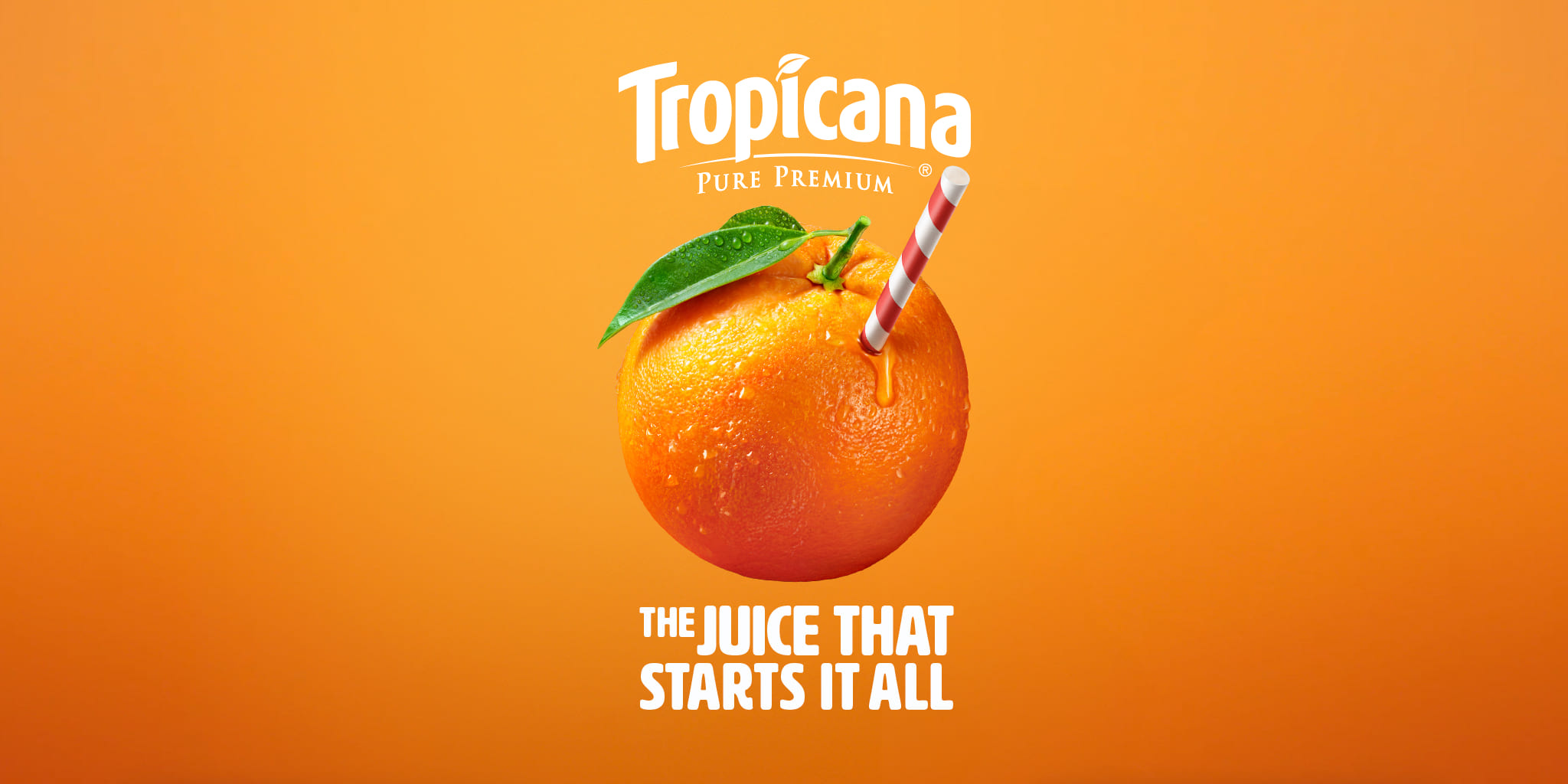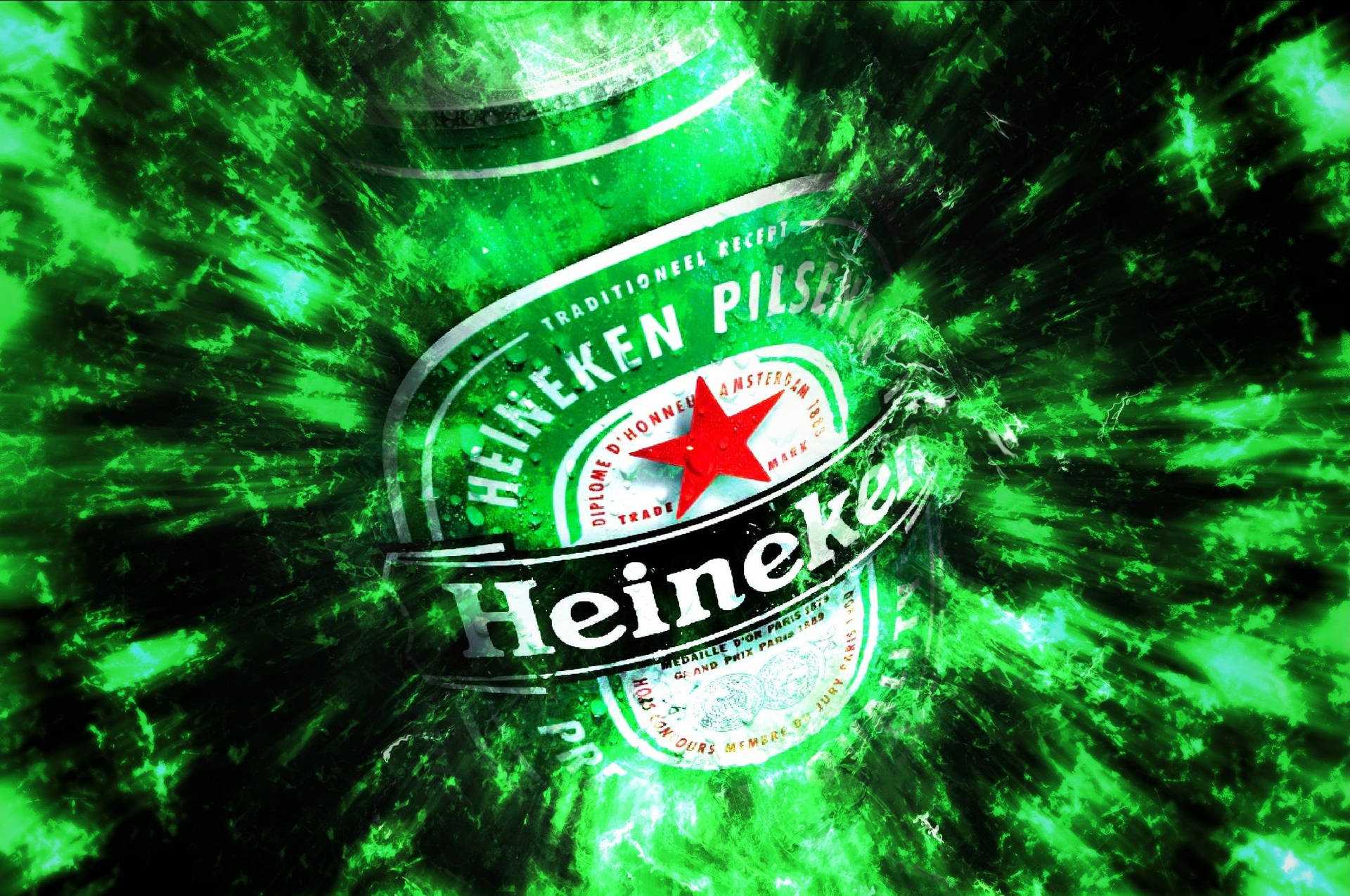After $3B Sale by PepsiCo, Tropicana Focuses on Innovation and Growth
Introduction
In a strategic move to accelerate growth and innovation, Tropicana Brands Group (TBG) is prioritizing new consumption occasions and product innovation just three years after PepsiCo sold the brand. With its rich portfolio, including Tropicana, Naked Juice, and KeVita, TBG is set to carve out a significant presence in the beverage industry under the leadership of Monica McGurk.
Unleashing Growth Potential
Monica McGurk, CEO of Tropicana Brands Group’s North American business, emphasized the immense potential the brand holds. “This is about unleashing growth. We inherited a group of brands that had a lot of potential and industry leadership,” McGurk stated. The spin-off from PepsiCo has enabled TBG to focus intensively on its products, driving growth through strategic innovation and expansion into new consumption occasions.
Background: The PepsiCo Spin-Off
In 2021, PepsiCo sold Tropicana, Naked Juice, KeVita, and other beverage brands in North America and Europe to private equity firm PAI Partners for $3.3 billion. PepsiCo retained a 39% noncontrolling stake in the brands. The sale was driven by the unit’s lower operating profit margins compared to PepsiCo’s overall benchmark. As part of PepsiCo, TBG’s juice portfolio often competed with the company’s other global drinks and snacks businesses, limiting its growth potential.
Renewed Focus and Agility
Since becoming a standalone company, TBG has redirected its focus, allowing for more resources and support for products beyond its signature Tropicana orange juice. This shift has enabled TBG to cut the time to market for new products in half and become more agile in meeting consumer needs. Innovations like a low-sugar offering for Naked Juice, new formats under Tropicana such as sparkling drinks and lemonade, and the introduction of aluminum cans for KeVita are examples of this renewed focus.
Expanding Consumption Occasions
A key strategy for TBG has been to reposition its drinks for consumption beyond the traditional morning time slot. Tropicana Sparkling, which combines the real fruit essence of Tropicana with less sugar and juice, is aimed at consumers seeking a refreshing option or a complement to snacks and meals. This effort is part of TBG’s broader strategy to increase consumption occasions and drive growth.
Strengthening Core Products
Despite its focus on innovation, TBG continues to invest in its core orange juice business. Tropicana has been promoted as a versatile beverage, suitable for mimosas and even partnered with the Milk Bar on a soft-serve offering. This strategy has paid off, with product volumes and sales increasing across more than 50% of its U.S. portfolio, a notable achievement given the current economic climate where inflation is impacting consumer spending.
Potential for M&A Activity
While TBG has concentrated on improving its existing brands, the company is also exploring opportunities for mergers and acquisitions. McGurk noted that TBG is guided by consumer trends, particularly the public’s broad interest in drinks with functionality. Although specifics on potential acquisitions were not disclosed, McGurk indicated that TBG is continuously evaluating possible targets that could benefit from its marketing, innovation, and other capacities.
Conclusion
Tropicana Brands Group, under the leadership of Monica McGurk, is poised to drive significant growth and innovation in the beverage industry. The spin-off from PepsiCo has allowed TBG to focus on its strengths, innovate rapidly, and expand into new consumption occasions. With a keen eye on consumer trends and potential acquisitions, TBG is well-positioned to leverage its portfolio and achieve sustained growth.
Tropicana Brands Group’s journey post-PepsiCo sale illustrates the power of focused innovation and strategic market positioning. With Monica McGurk at the helm, TBG is set to make significant strides in the beverage industry, leveraging its strong brand portfolio and consumer insights to drive future success.



